Money is freedom. (Or is it?)
"wealth without independence is a unique form of poverty." Morgan Housel
“Money is minted freedom,” Dostoevsky wrote in Notes from a Dead House, his book about the years in a Siberian prison camp. His fellow prisoners wasted what little money they earned on liquor and flashy clothing. Why? Because they could. Spending money was a fleeting moment of freedom. “For a man completely deprived of freedom, it is ten times dearer. Just to have it jingling in his pocket half comforts him, even if he cannot spend it.”
That’s how I saw money: freedom.
On my road trip, I am free as long as I can pay for gas, food, repairs, and a place to stay. Had I not saved up while working in finance, my options would be much more limited. Even so, I rarely eat out and stay in small towns, far away from the well-heeled crowd of tourists. And of course you could move relatively freely with very little money.
On the road from Boise, Idaho, to Eugene, Oregon, I met a drifter. “Dancing bear” Paul was walking along the highway, pushing a cart with his belongings. It spent the better part of the day driving across eastern Oregon’s high desert and this man was just walking (and aimed to make it to New Mexico eventually)! I passed him a cold Gatorade and listened to his story.
Paul had followed the Grateful Dead for some two decades. He knew where to find free hot springs and how to charm cops and rangers. His Robin Williams impression was immaculate (but, he noted sadly, he couldn’t perform in Vegas because he lacked permission by the comedian’s estate). I’ve rarely met such a free spirit! And yet, his movement on the material plane was limited. The body was free but also looking for free food. Free without a place to shower. Not the freedom I was looking for.
The freedom I longed for was captured in a viral video clip I posted years ago. It’s from the movie The Gambler. Poker addict Mark Wahlberg needs to borrow money and gets a lecture from John Goodman who explains that “a wise man's life is based in fuck you.” → Watch the clip.
You get up two and a half million dollars, any asshole in the world knows what to do. You get a house with a 25-year roof, an indestructible Jap economy shitbox. You put the rest into the system at three to five percent to pay your taxes and that’s your base, get me?
That’s your fortress of fucking solitude. That puts you for the rest of your life at a level of fuck you. Somebody wants you to do something, fuck you. Boss pisses you off, fuck you.
That’s what I wanted. Freedom of movement, time, and choice. Freedom to roam, to flourish, and freedom to say no. Naively, I thought that more money necessarily meant more freedom. Like so:
But notice that the quote was all about the number and ignored the mindset. If I taught you how to earn, say, five million dollars in the next five years, would you be free? It depends. What if you moved along another rather depressing path?
How could this happen?
Hedonic treadmill: oldest trap in the book. Expenses grow faster than income and you never reach the promised land of ‘fuck you.’ The finance version of this is Kevin Spacey as a middle-aged trader in Margin Call. (Not to be confused with consciously trading some freedom for meaning by providing for others/raising a family.)
The inverse would be delayed gratification taken to an extreme: Marshmallow Mind, or the mistaken belief that the rewards “compound forever. They don’t. Eventually, they turn into a trap whose escape requires a radical break with our old identity.”
Lack of clarity is another killer. If you don’t know how much money you need, the goal post keeps moving (great chart via Hampton Founder; it’s always at least double of what you have . . .). “Most of the problems in my life have to do with my confusing what I want and what I need,” as David Foster Wallace once said.
And how much do we need? I love how Vivid Void put it:
That’s why we do the inner work: so we don’t try to use money to satisfy our existential yearnings.
Easier said than done. We know that making money is not the purpose of life. Of course, money won’t fill our inner void. But what will? A thorny question (and potential dark night of the soul). If you are very good at making money, if it feels satisfying, it is easier to keep doing that than to stop and step into the unknown.
I think of it like sitting on the couch and eating potato chips. As long as you keep eating, you don’t have to face the mess, the crumbs, the reality of what you just put into your body. Yes, eventually, the bag will be empty. But not yet. Just one more delicious, escapist crunch.
Finally, the better you are at making money, the more you leave on the table when you exit the game. The greater your future earning potential, the higher the price of your freedom. Without clarity on what we value, any amount of money can be a prison.
A “wise man’s life” is based not only on ‘fuck you money’ but on the willingness to use it when it matters.
— Frederik


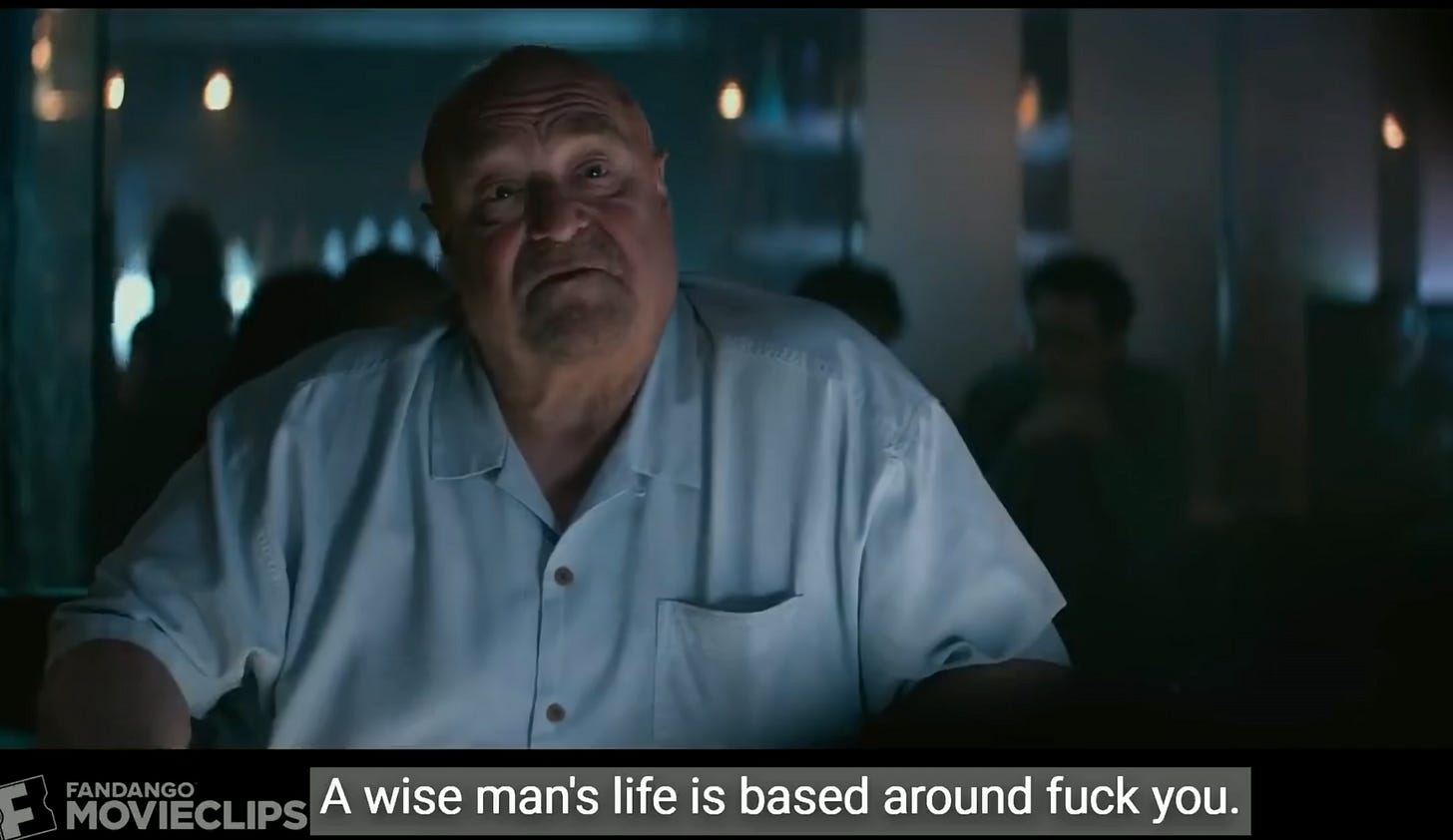
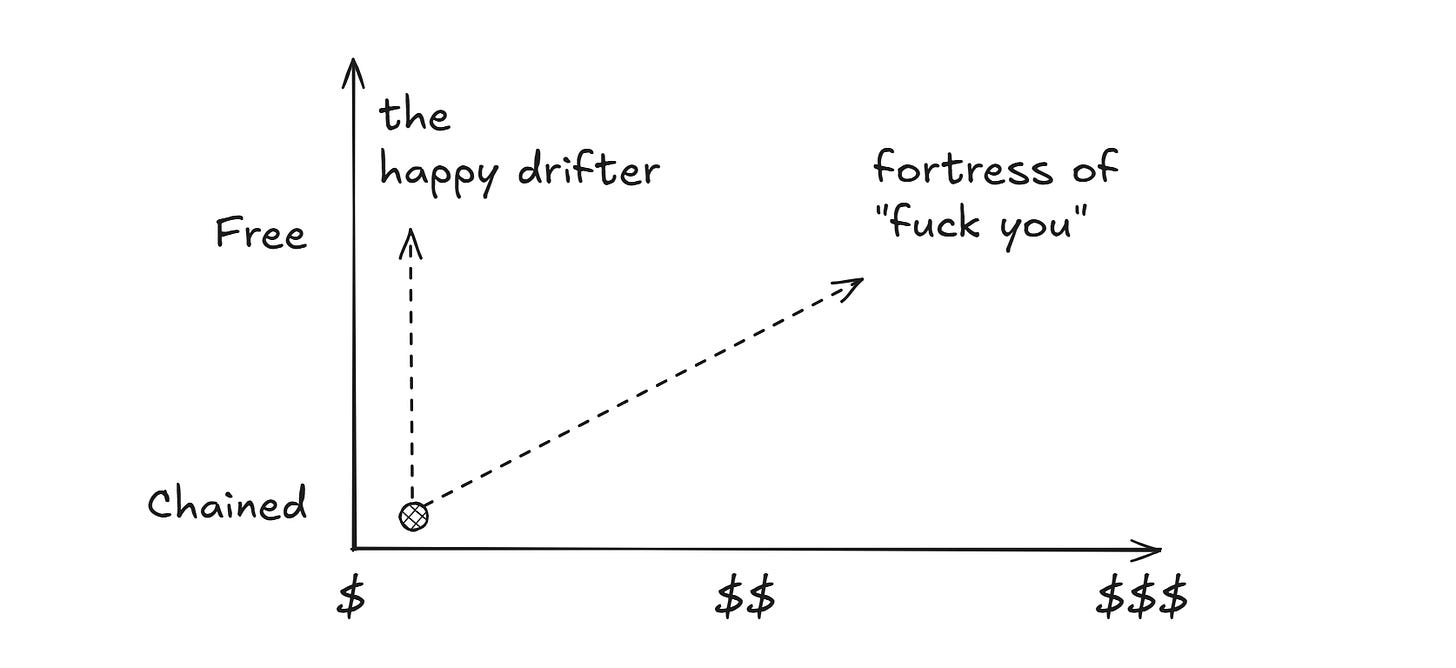
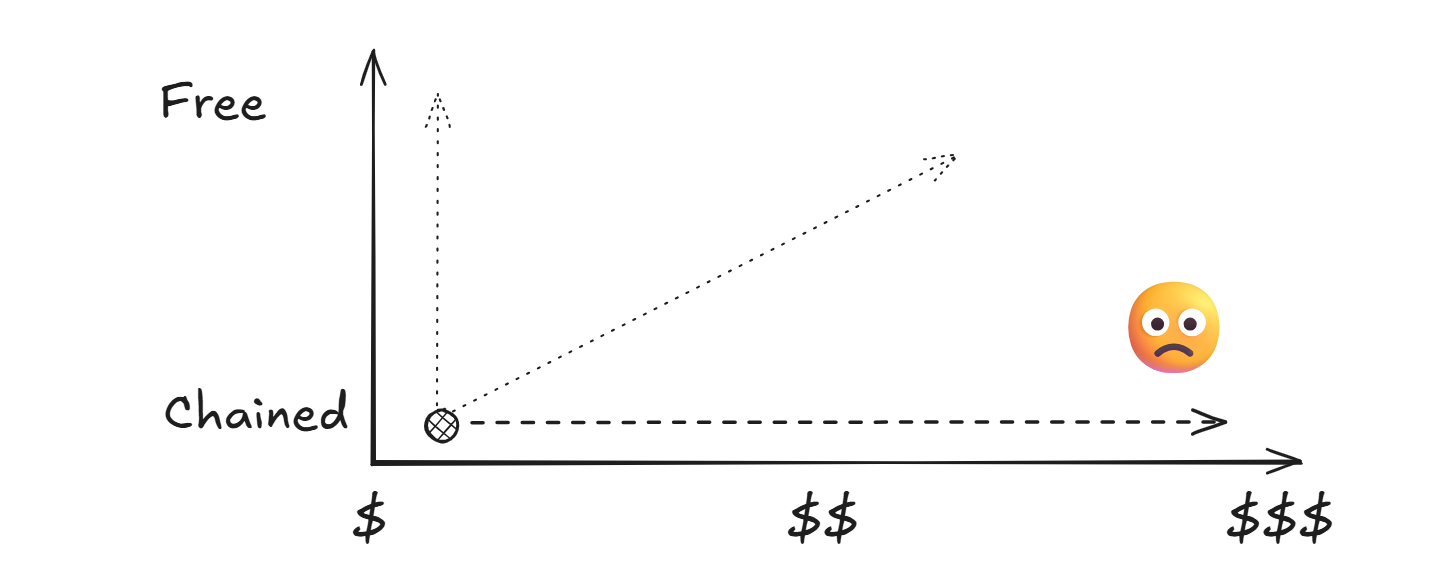
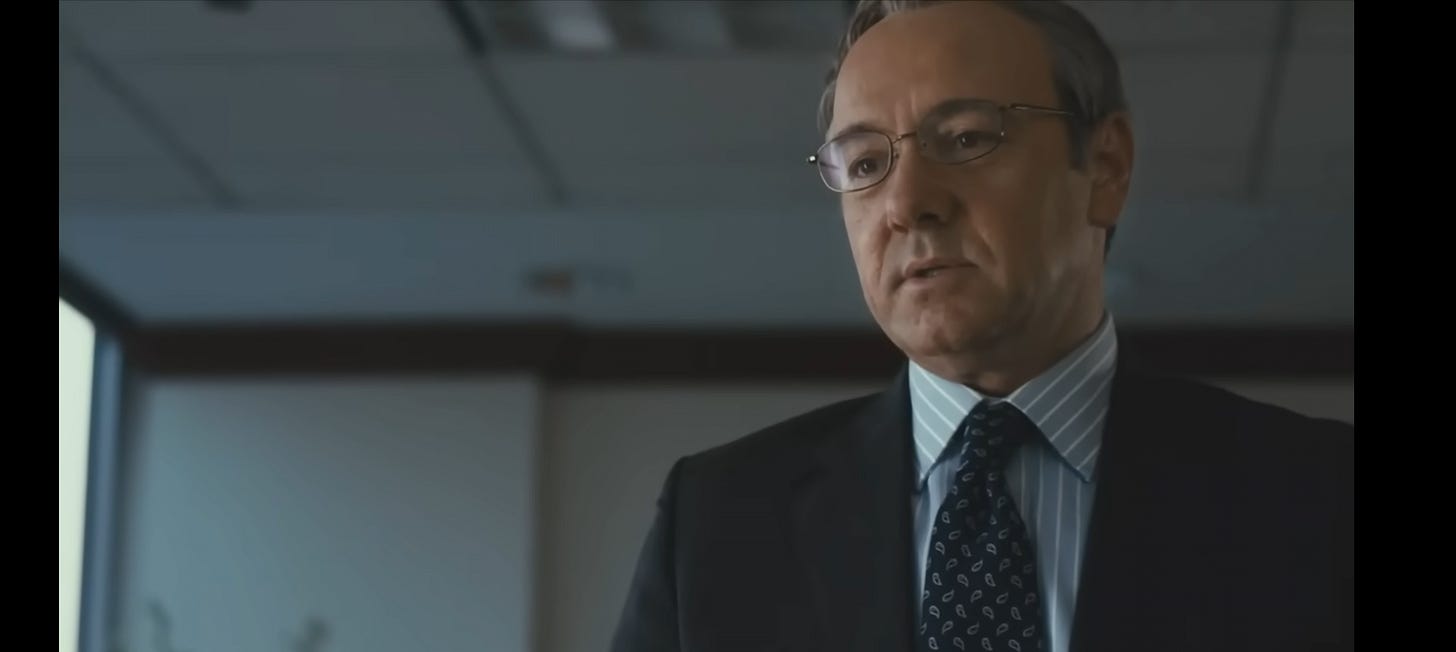
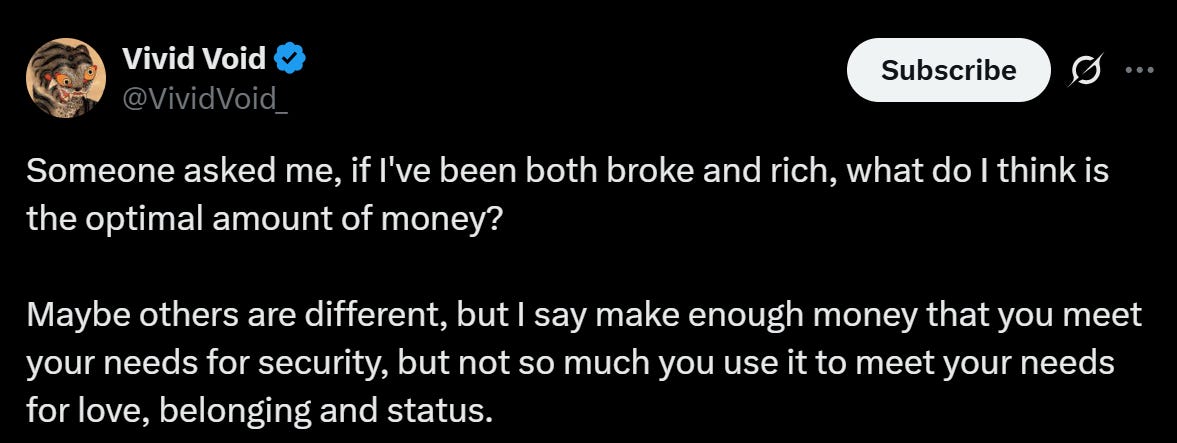
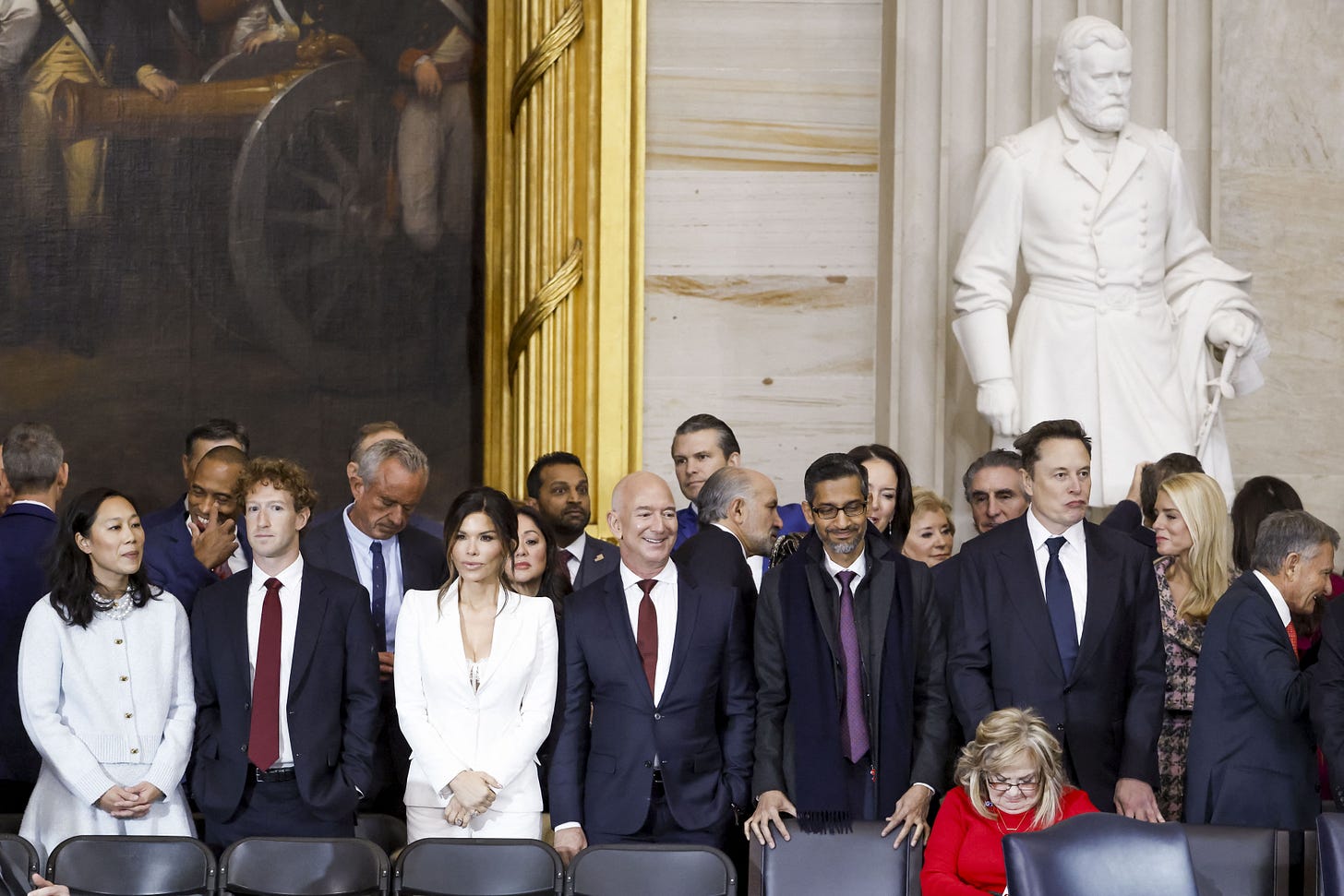
It’s important, but uncommon, for people to recognize that many things we want in life cannot be purchased at any price. Too often, the “magic number” is idealized as a nirvana where all problems will vanish. That’s the idolatry of money, and I know it well. It took a long time after I hit my “number” before I realized the obvious limits of what money can buy. I’m far from the private jet crowd, but even if I suddenly catapulted to their level, most of my current problems would remain unsolved because money cannot be used to remedy those problems. I would just have a private jet or netjets share with the same problems I have today, and that has no appeal since I have few material needs and actually prefer simplicity and modesty to ostentatious living.
on how much is enough and vivid void's quote, Bill Gates put it in a diff but similar way:
The perfect amount to leave to your kids, ″enough money so that they would feel they could do anything, but not so much that they could do nothing.″
on the "psychology of money" spending and saving, Morgan Housel is indeed the expert:
"Happiness is result minus expectation; wealth is what you have minus what you want"